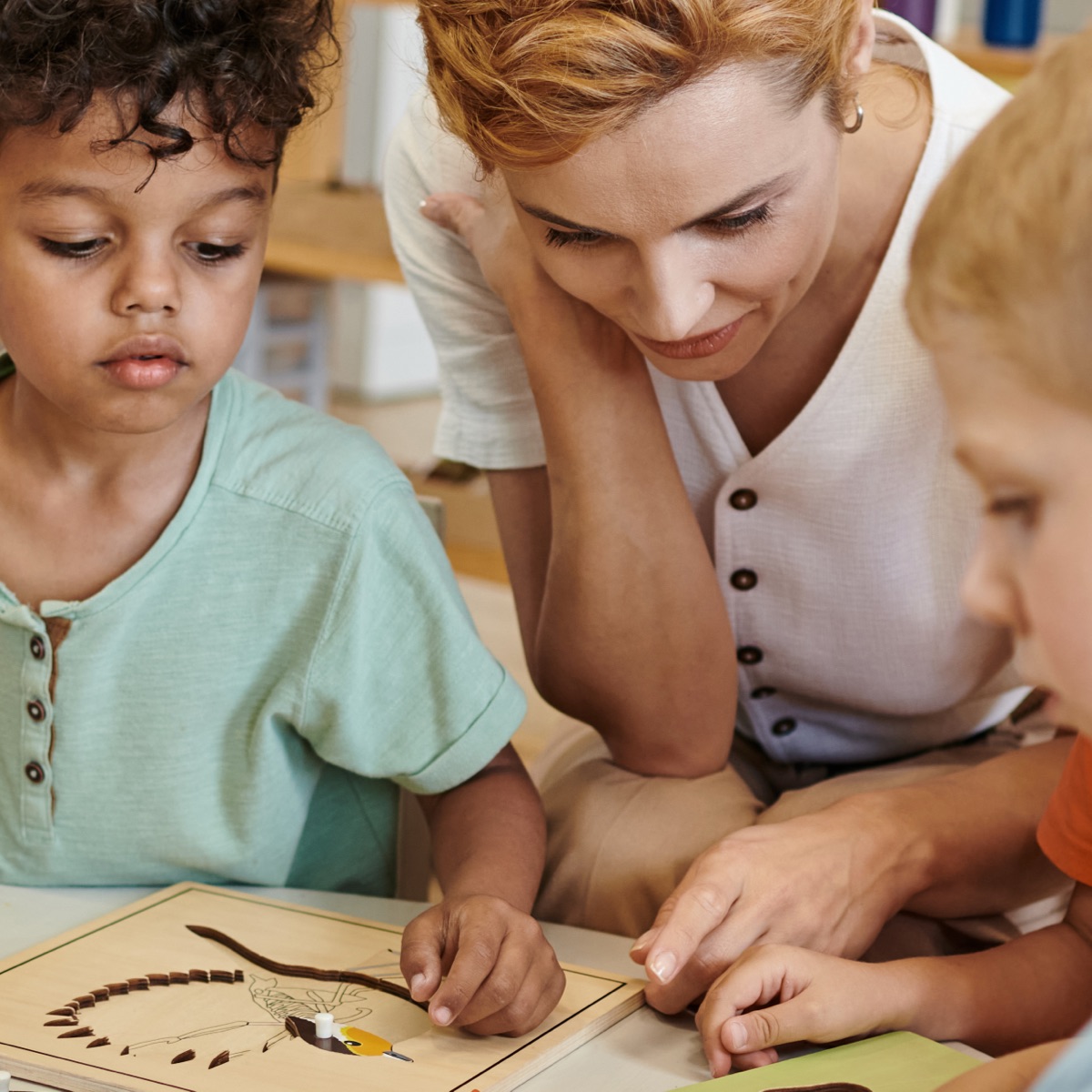Challenging behaviours are a natural part of growing up — but how we respond makes all the difference.
This self-paced course explores how the Montessori approach supports respectful, effective guidance that helps children build self-regulation, social awareness, and emotional resilience.
Whether you’re a parent or educator, you’ll leave with tools that reduce power struggles, build connection, and support the child’s development of internal discipline.
What You’ll Learn
Grounded in Montessori’s Decalogue — her ten guiding principles for how adults should support children — this course will help you develop practical skills that honour the child’s autonomy, dignity, and development. We’ll begin to explore various topics such as:
- How to observe respectfully and engage only when the child invites support
- Why the language we use about children — even when they’re not present — shapes their confidence and self-worth
- How to focus on a child’s strengths and support positive growth without over-correcting or criticising
- When to step in, and when to step back — supporting independence without interfering
- How to become a calm, responsive presence who’s always ready to help — without rushing in
- Ways to honour a child’s mistakes as learning opportunities, and support self-correction rather than stepping in too soon
- How to support children who pause, rest, or observe — without labelling them as unmotivated
- How to gently guide children who feel lost or disengaged, helping them re-engage with purpose
- The importance of maintaining a beautiful, orderly environment that invites exploration
- Why your own tone, body language, and manners are part of the child’s learning environment
Who Should Enrol?
This course is ideal for:
- Parents and caregivers looking for calm, respectful ways to support their child’s behaviour
- Educators wanting to align their guidance with Montessori philosophy
- Anyone seeking a practical approach that balances warmth with structure








